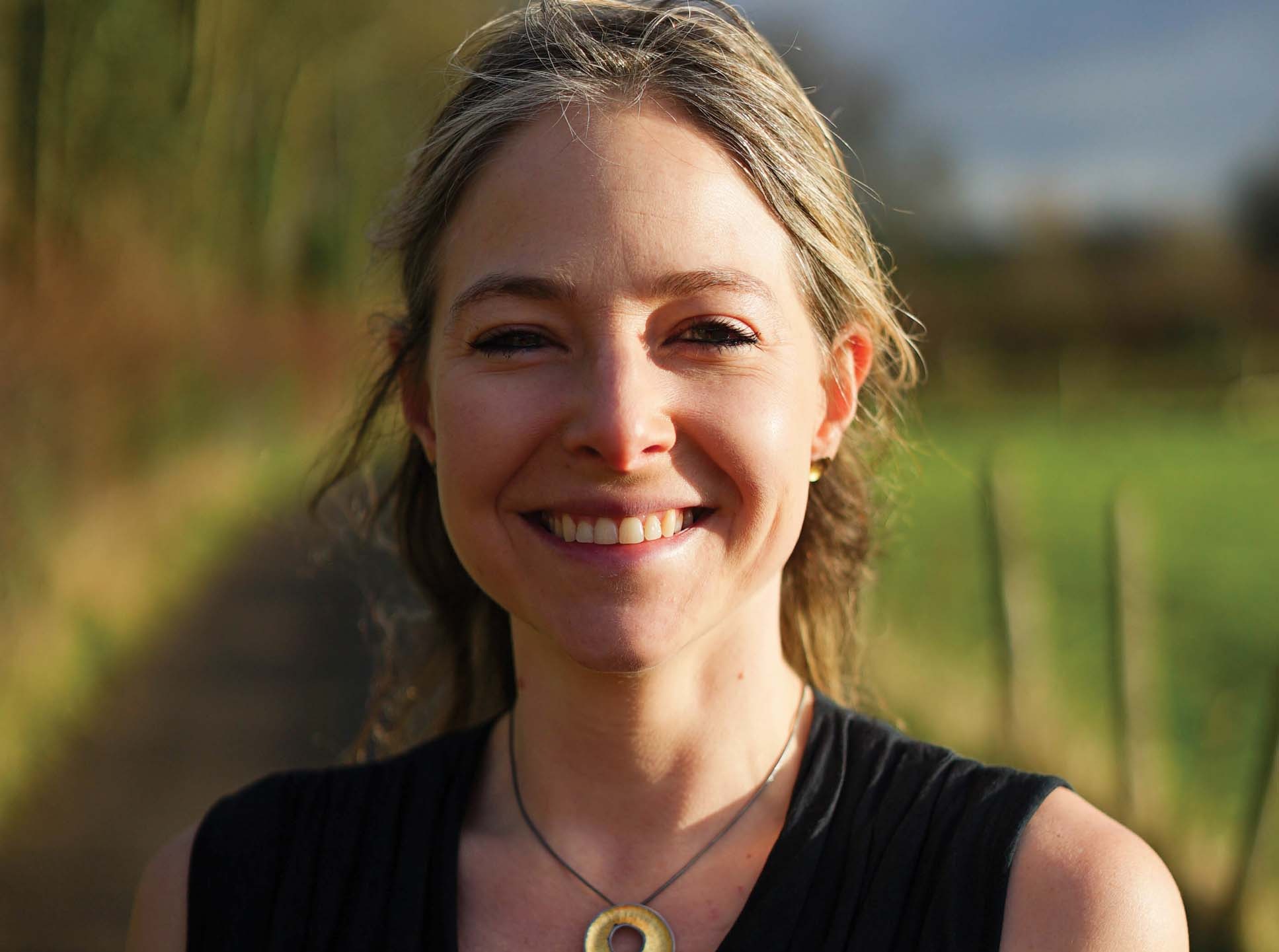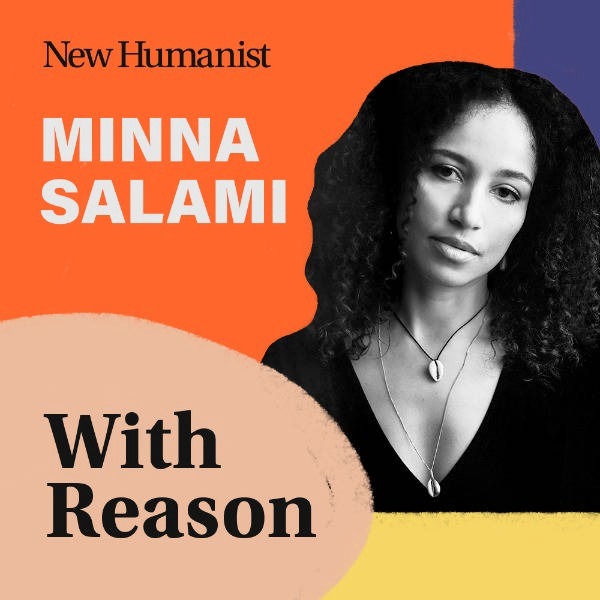
Our incredible shrinking brains
The human brain has shrunk around 10 per cent in mass since peaking in size 15-30,000 years ago. Marcus Chown explains.
"The problem with the marketplace of ideas is that it is more like an oligarchy of ideas"
Journalist and author Nesrine Malik offers a nuanced critique of prevailing ideas about free speech and the terms of public debate.
Learning from the good old days
Can nostalgia have positive uses? Samira Ahmed looks back at her own past.
You don’t know whether to laugh or cry
In his regular Endgame column, Laurie Taylor considers the mystery of memory.
"Privatising the causes of stress dovetails nicely with neoliberal ideology"
Mindfulness is mainstream. In this interview, Ronald Purser, professor of management at San Francisco State University, argues that mindfulness is actually reinforcing the neoliberal status quo.
"Science deniers embrace a double standard of evidence"
Attacks on science have become commonplace - from climate change denial to anti-vaccination movements.Defenders of science often point to its discoveries without explaining exactly why scientific claims are superior. Academic Lee McIntyre discusses his book The Scientific Attitude, which seeks to explore these issues.
"Science says you are not the pinnacle of evolution"
JP O'Malley talks to Alice Roberts - president of Humanists UK, evolutionary biologist and broadcaster - about church schools, evolution and the climate.
"Laughing is not a political action"
Ece Temelkuran is one of Turkey’s best known political commentators and a prominent critic of the Turkish government. In this interview she discusses her latest book, How to Lose a Country: The 7 Steps from Democracy to Dictatorship.
Vintage designs and the dream of a better future
The wartime posters of Abram Games show a vision of a shared civic state, writes Samira Ahmed.
The alien creatures that live in our bodies
You are born 100 per cent human but die 50 per cent alien, because half the cells in your body do not belong to you. Marcus Chown explains.

